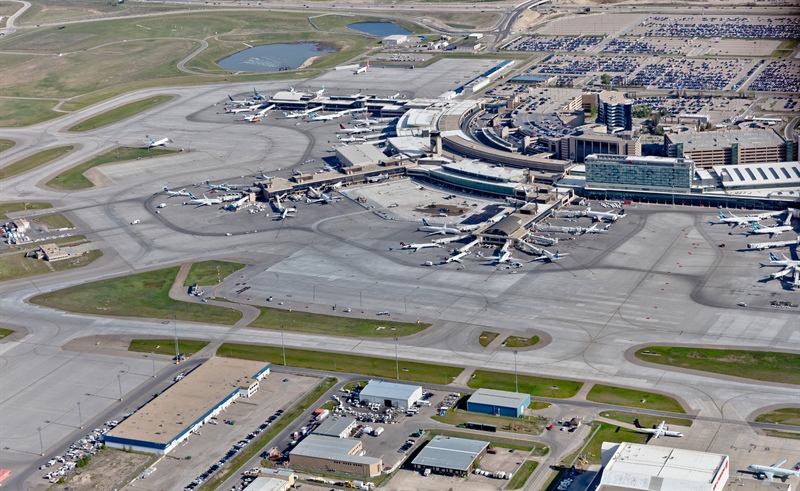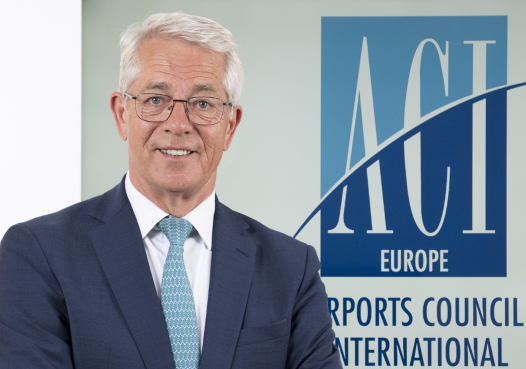
Calgary launches YYC AeroNex to drive aviation innovation
28 June 2025
by Jonathan Andrews
YYC AeroNex, a new aviation innovation hub launched by the Calgary Airport Authority, is positioning Calgary as a central node in global air transport connectivity by addressing a long-standing technology and infrastructure gap in Canada’s aviation sector.
With a focus on advanced maintenance, sustainable fuels, and workforce development, the hub is set to transform how Canadian airlines operate and compete internationally.

“Today, Canadian airlines must send their planes or engines out of the country for maintenance checks. That takes time, increases costs, and creates more emissions,” Rob Bachart, Chief Real Estate Officer, Calgary Airport Authority, told Cities Today. “YYC AeroNex is building the infrastructure Canadian carriers need right here in Calgary.”
At the heart of the project is a C$120 million (US$87.5 million) Maintenance, Repair and Overhaul (MRO) facility developed in partnership with Lufthansa Technik, which includes Canada’s only engine test cell of its kind. It also incorporates space to support sustainable aviation fuel (SAF) development, creating new technological capabilities for the country’s air sector.
“This helps reduce turnaround times on aircraft, reduce emissions, and lowers operating costs, helping Canadian carriers remain competitive,” Bachart said.
YYC AeroNex is being established with the backing of C$172 million in financing from the Canada Infrastructure Bank and an equal amount from commercial lenders. Bachart emphasised that innovation and talent development were key factors in attracting Lufthansa Technik to Calgary.
“Lufthansa Technik was looking for a North American location that would support innovation, talent development, and long-term operational growth,” he explained. “Calgary stood out because of our strong ecosystem, access to skilled labour and growing cargo and passenger traffic.”
The hub will also serve as a platform for developing emerging aviation technologies through partnerships with post-secondary institutions. “We’re partnering with post-secondary institutions to develop specialised programmes that support long-term careers in industry sectors such as maintenance, engineering, and emerging technologies like sustainable fuels,” Bachart said.
All four initial YYC AeroNex projects are expected to be operational by 2029. Their collective impact on Canada’s aviation ecosystem will be measured through collaboration with government, industry, and academic partners.
“This net new benefit to the airport and region will be measured periodically to help articulate the success of our efforts,” said Bachart. “YYC AeroNex isn’t just about infrastructure–it’s about building a future-focused ecosystem that supports innovation, attracts investment, and secures Canada’s place in the next era of global aviation.”
Images: Calgary Airport Authority













